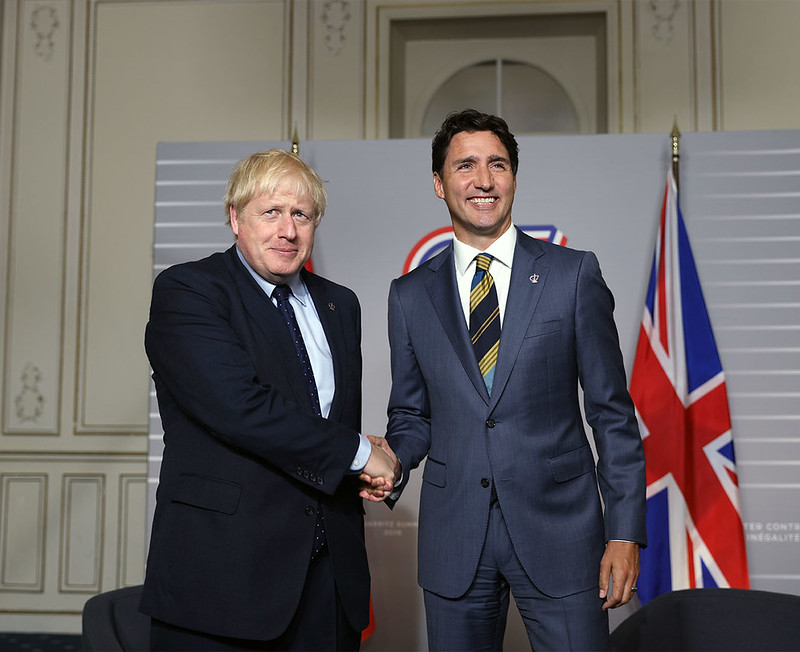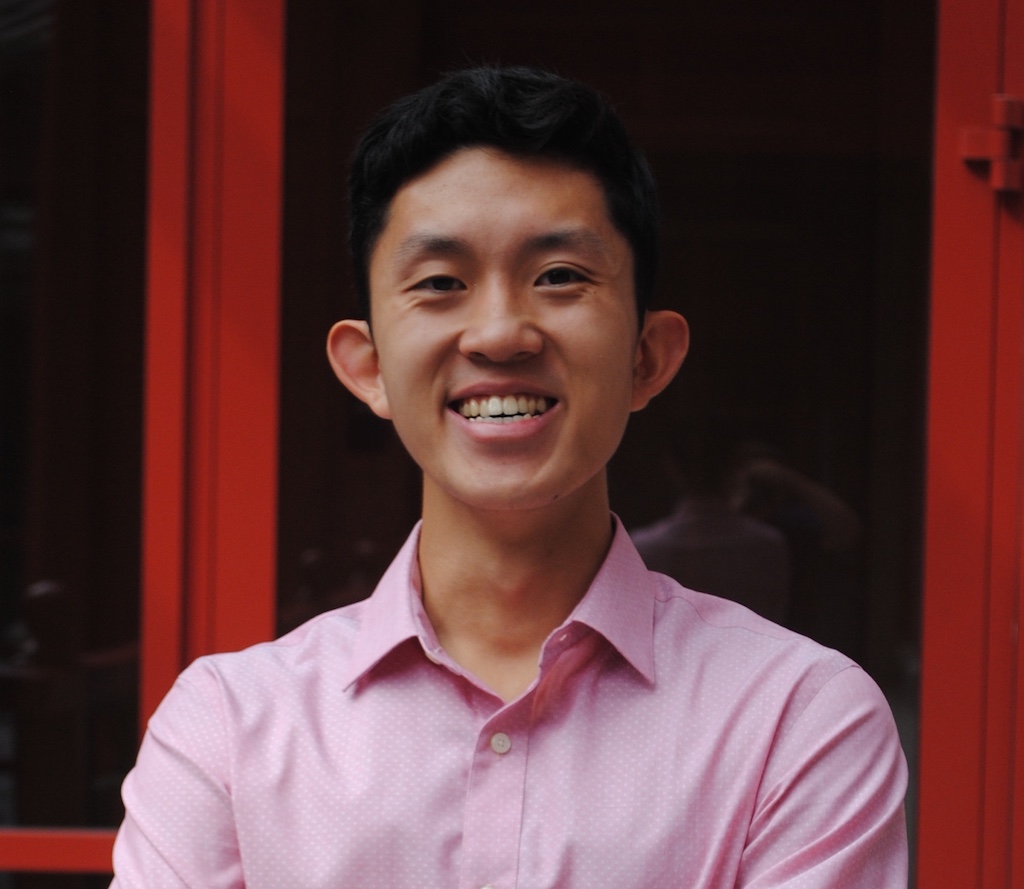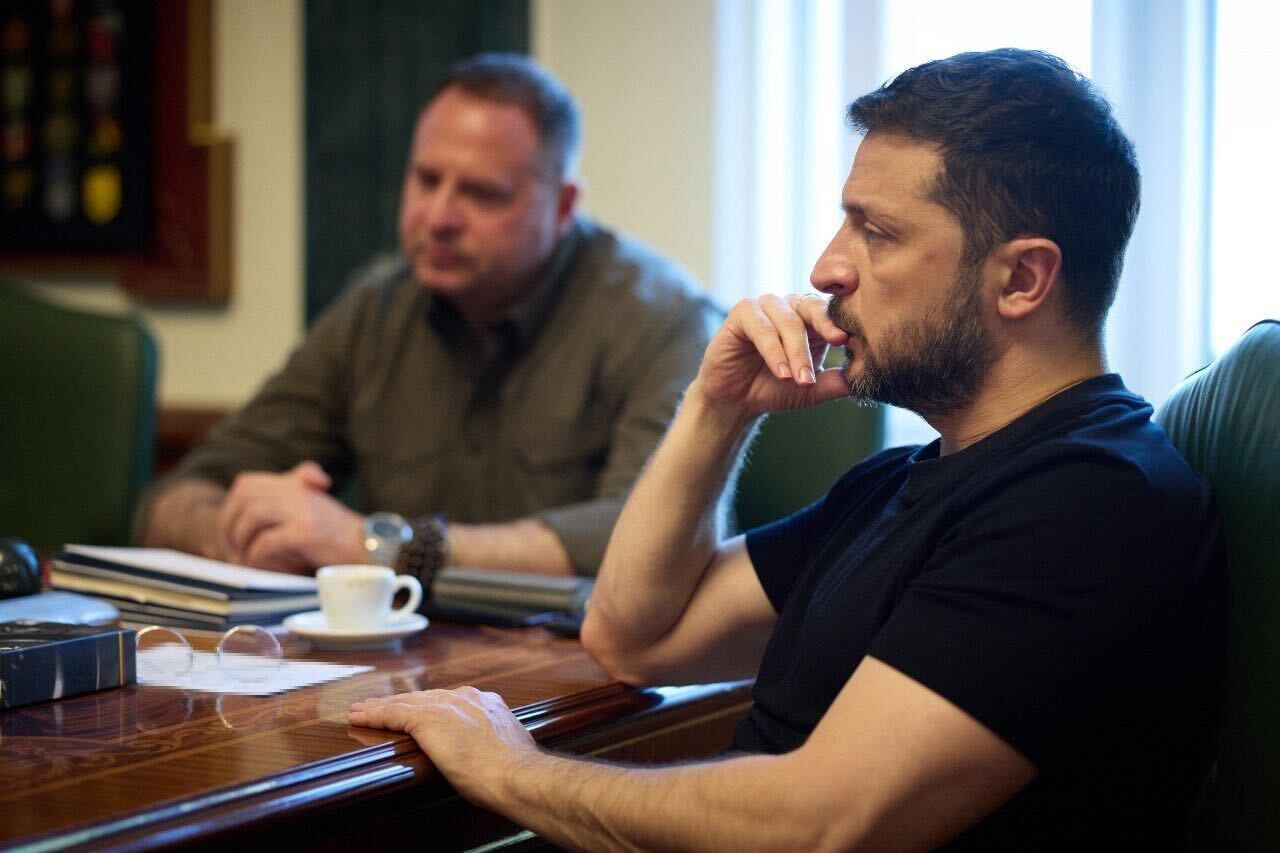Prime Minister Trudeau Campaigns for a U.N. Security Council Seat
Trudeau campaigns for a U.N. Security Council seat, Canada responds to the coronavirus epidemic and other Canadian national security news.

Published by The Lawfare Institute
in Cooperation With

Prime Minister Trudeau Campaigns for a U.N. Security Council Seat
Prime Minister Justin Trudeau has embarked on an eight-day trip to Ethiopia and Senegal, geared toward gaining support for Canada’s bid for a U.N. Security Council seat. Since the creation of the U.N., Canada has served six terms on the Security Council but lost its last bid in 2010 to Germany and Portugal. Commentators blamed then-Prime Minister Stephen Harper’s failure to win a seat on “broad opposition by members of the Islamic bloc.” Harper’s foreign policy was marked by staunch support for Israel, a policy that did little to endear Canada to the 57-member Organization of Islamic Cooperation.
When Trudeau became prime minister in 2015, he declared that Canada would regain its clout on the international stage. In 2016, Trudeau announced that Canada would seek a nonpermanent seat on the Security Council, proclaiming that “we are determined to help the UN make greater strides in support of its goals for all humanity.” Members of Parliament, press pundits and analysts seem to agree that Canada will face an uphill battle as it vies for a Security Council seat.
Canada is considered part of the U.N.’s Western European and Other States Group, a group that comprises 29 countries. The election will occur in June 2020, when Canada will face Ireland and Norway as it competes for one of two open seats. Ireland and Norway have long eyed a spot on the Security Council: Ireland first announced its candidacy for a Security Council seat in 2005, and Norway followed in 2007. Both countries have also proved active supporters of the liberal international order. Colin Robertson, vice president of the Canadian Global Affairs Institute, notes that both Norway and Ireland spend a comparatively higher proportion of their gross national incomes (GNIs) on development assistance. Foreign aid represents just 0.26 percent of Canada’s GNI, falling well below the U.N.’s 0.7 percent target. Moreover, both Norway and Ireland deploy more peacekeepers than does Canada. A U.N. Peacekeeping document indicated that, as of Oct. 31, 2019, Ireland and Norway had 623 and 135 peacekeepers deployed, respectively, while Canada had 45 peacekeepers deployed.
This is not to deny Canada’s contributions to the U.N. in recent years. As the government’s U.N. Security Council candidate webpage notes, Canada hosted a U.N. Peacekeeping Defense Ministerial in 2017 and co-hosted the 2018 global Sustainable Blue Economy Conference. Canada also deployed an air task force and some 250 support personnel to the U.N. Multidimensional Integrated Stabilization Mission in Mali (MINUSMA). Yet the Liberal government has faced domestic and international criticism for its handling of the Mali mission. The U.N. initially hoped that a Canadian officer would command MINUSMA, but the government declined the U.N.’s request. In addition, the Liberal government initially insisted on ending its aeromedical operations in Mali on July 31, 2019, a decision that would have forced the U.N. to rely on private contractors until the Romanian Armed Forces took over from the Canadians. The government eventually extended aeromedical operations until the end of August 2019, after facing fierce criticism from Canada’s New Democratic Party.
Since Trudeau’s reelection, the government has revitalized its bid for a Security Council seat. As the Canadian Press notes, Trudeau’s visit to Ethiopia comes closely after the visits of “two cabinet ministers and a parliamentary secretary.” The U.N.’s African group has 54 members, and Trudeau is evidently hoping to win several of these votes. Yet Ireland and Norway have also focused on building ties with Africa. In January, Irish Prime Minister Leo Varadkar took part in a six-day visit to Africa, calling for closer European-African relations. Norwegian Prime Minister Erna Solberg visited Ethiopia at the same time as Trudeau and also attended the African Union Summit, held in Addis Ababa.
As of December 2019, Canada had already spent $2 million on its bid. Colin Robertson argues that Trudeau will need to “campaign hard” to win a seat, dispatching “former prime ministers and governors-general, former ambassadors, and internationalists.” Trudeau’s African trip proves a step in the right direction, though one visit may not be enough to convince countries of Canada’s commitment to international security. Leona Alleslev, deputy leader of the Conservative Party, concluded that Trudeau’s efforts are “too little, too late.” She may well be right.
Canada Responds to the Coronavirus Epidemic
On Jan. 30, the director-general of the World Health Organization (WHO) declared the outbreak of the 2019 novel coronavirus to constitute a public health emergency of international concern. The virus originated in the Chinese city of Wuhan and has already caused more than 43,000 people to become sick and resulted in more than 1,000 deaths.
Besides Canada, 27 countries have reported cases of novel coronavirus. The Canadian government notes that seven cases have been detected in Canada, with three of those cases detected in the province of Ontario and four in the province of British Columbia. The Public Health Agency of Canada has assessed “the public health risk associated with 2019-nCov as low for Canada.”
The Canadian government has already introduced a spate of measures to prevent further spread of the virus in Canada. Earlier this month, Prime Minister Trudeau convened the Incident Response Group to discuss the government’s response to the virus. Created in 2018, the group is a “dedicated, emergency committee” that convenes “in the event of a national crisis or during incidents elsewhere that have major implications for Canada” and is composed of “relevant ministers and senior government leadership.”
The government also evacuated Canadian citizens from Wuhan by plane. Two flights arrived at the Canadian Forces Base (CFB) in Trenton, Ontario, on Feb. 7. The first flight, chartered by the Canadian government, carried 174 people, including “13 permanent residents and six Chinese nationals who escorted 34 Canadian minors back home from China.” The second plane, “chartered by the U.S. government … carried 39 Canadians from Wuhan.” A third flight left Wuhan on Feb. 10, carrying 185 passengers. The Guardian previously noted that “permanent residents and Chinese citizens are not eligible for a seat, unless they are the primary caregiver of a child on the flight manifest.” Passengers showing signs of illness cannot board the planes and those who do travel back to Canada will be quarantined at CFB Trenton for two weeks—the same duration as the virus’s maximum incubation period.
The Canadian government has thus far urged calm and refrained from implementing a travel ban on people coming from China. Dr. Vivek Goel, who played a key role in Canada’s fight against the 2003 outbreak of SARS, argues that “it’s wrong for the United States and others to ban visitors from China due to novel coronavirus.” Goel noted that “travel bans are usually too late to contain such outbreaks” and commended the Canadian government for heeding the WHO’s recommendation against imposing travel or trade restrictions.
The novel coronavirus outbreak comes at a time of tense bilateral relations between China and Canada. Canadian authorities detained Huawei CFO Meng Wanzhou in December 2018 at the request of the United States. Meng’s case is now slowly making its way through the Canadian court system. In response to Meng’s arrest, China arbitrarily detained Canadian citizens and maintains a ban on Canadian canola exports. Yet the coronavirus outbreak may prove a rare opportunity for bilateral cooperation. Foreign Minister Francois-Philippe Champagne praised the Chinese government for cooperating “every step of the way.” A recent op-ed in the Globe and Mail called on the Canadian government to increase its support for China by, for example, “facilitating the procurement of medical supplies for hospitals in affected regions” in China. The prime minister said on Sunday that Canada responded to China’s request for medical equipment and would “continue to work with [Beijing] to ensure they have the resources to contain this virus.”
In Other News
- Vincent Rigby assumed the role of national security adviser to the prime minister. Rigby previously worked in a number of different governmental agencies and most recently served as associate deputy minister of foreign affairs. Rigby is the third person “to advise Trudeau on national security since … May 2018.”




-(1).jpg?sfvrsn=b91ff6a6_7)
